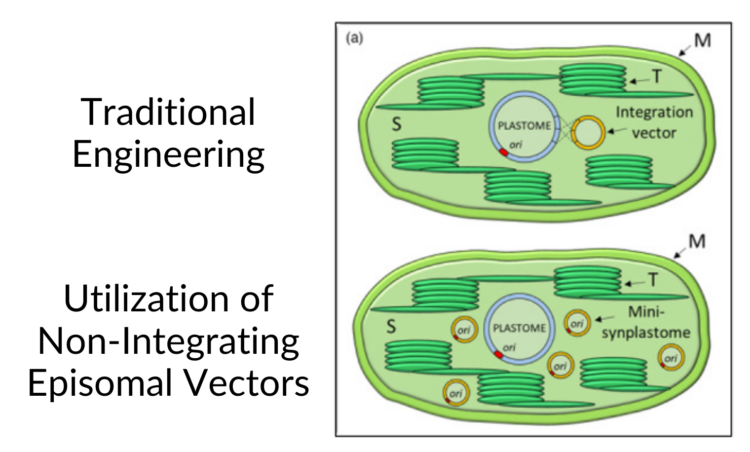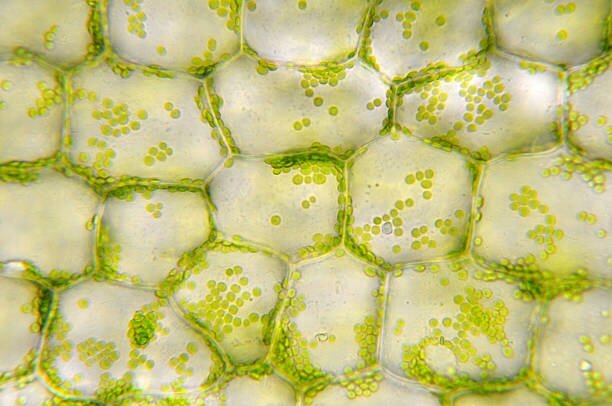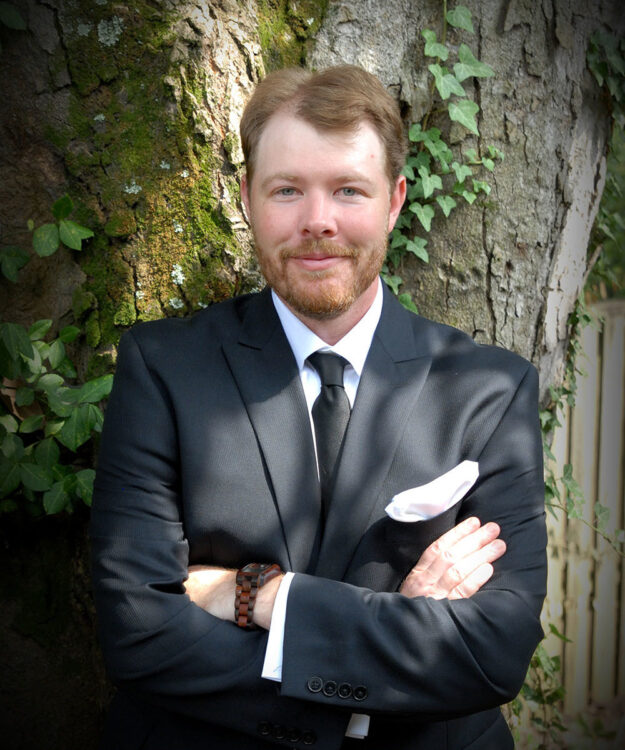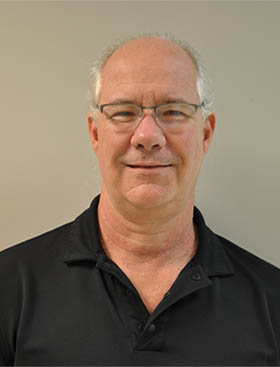Episomal Plasmid (Minicircle) Plant Engineering System
The Problem
Traditional plastid genome (plastome) engineering is performed using homologous recombination to integrate transgenes into the endogenous plastome of plants. For species with the most efficient tissue culture systems, the complete replacement of the native plastomes with engineered plastomes (homoplasmy) is laborious and lengthy. Therefore, quick and efficient methods are desirable for transforming chloroplasts with nucleic acid constructs containing genes that confer desirable characteristics to the plant cells.
The Solution
Researchers at the University of Tennessee have developed a novel approach for expressing one or more genes of interest in chloroplasts. Episomal DNA vectors are designed to function as extra-plastomic DNA that replicate sustainably and autonomously in the chloroplasts of the transformed plant cells. This innovation provides a significant advancement in terms of speed, flexibility, and the prospects of introducing several synthetic constructs with optimized transgene expression in a single transformation event.

Benefits
| Benefit |
|---|
| Improved speed and flexibility of engineering |
| Not restricted to a species or cultivar |
| Ability to introduce multiple constructs |
More Information
- Tyler Newton, M.S.
- Assistant Technology Manager, Multi Campus Office
- 865-974-1882 | cnewto12@tennessee.edu
- UTRF Reference ID: 19025
- Patent Status: US 11549121 B2

Innovators
Dr. Scott C. Lenaghan

Co-Director, Center for Agricultural Synthetic Biology (CASB) and Associate Professor, Department of Food Science in UT Knoxville's College of Arts and Sciences.
Dr. Lenaghan serves as co-director of the Center for Agricultural Synthetic Biology, along with Dr. Neal Stewart. His research has a primary focus on engineering biological systems, biomaterials, and devices that utilize cutting-edge synthetic biology tools and approaches.
Read more about Dr. Scott C. LenaghanDr. Alessandro Occhialini

Assistant Professor, Department of Plant Sciences, UTK-UTIA
Dr. Occhialini has wide research interests in many areas of plant synthetic biology and metabolic engineering of plants. The main focus of his research is to use the most precise and advanced techniques of synthetic biology to produce a new generation of “valuable plants” with an increased impact on human population. The expanding human population and climate change imply more attention to food security. In this direction, our advanced synthetic biology tools will provide great potential to create a new generation of crops able to produce more yield using fewer natural resources. Plants are also an excellent reservoir for production of valuable compounds with positive effects on human health, such as nutrients and pharmaceutical molecules.
Read more about Dr. Alessandro OcchialiniDr. Neal Stewart

Professor in the Department of Plant Sciences, UTK-UTIA
Dr. Stewart holds the Ivan Racheff Chair of Excellence in Plant Molecular Genetics. After completing a Doctorate of Biology in Plant Physiology at Virginia Tech, Stewart joined Professor Wayne Parrott’s laboratory at the University of Georgia as a postdoctoral researcher from 1993–1995. He then moved to the University of North Carolina at Greensboro where Stewart was an assistant and then associate professor in the Department of Biology from 1995–2002. In 2002, Stewart assumed the Racheff Chair with an appointment as professor. Dr. Stewart serves as co-director of the Center for Agricultural Synthetic Biology, which he co-founded in 2018. The Stewart Lab’s research spans plant biotechnology, synthetic biology, genomics, and ecology. Stewart has authored or co-authored over 310 journal articles, many book chapters, and nine books. He is co-editor in chief for Plant Cell Reports and is an associate editor for the Plant Biotechnology Journal. Stewart was elected as an American Association for the Advancement of Science fellow in 2015, a Society for In Vitro Biology fellow in 2019, and from 2014–2016, served on the National Academies committee responsible for publishing “Genetically Engineered Crops: Experiences and Prospects” in 2016. Stewart’s research has been supported by various granting agencies including the DARPA, DOE, NSF, USDA, and industry sources. Of the approximately $40 million awarded over the past 25 years in grants and contracts, 5% has had industry ties. Stewart teaches courses in biotechnology and research ethics. He has mentored over 100 graduate and postdoctoral students and technical staff, most of whom are still in science. Stewart has given scientific and lay presentations around the US and in 16 countries.
Read more about Dr. Neal Stewart